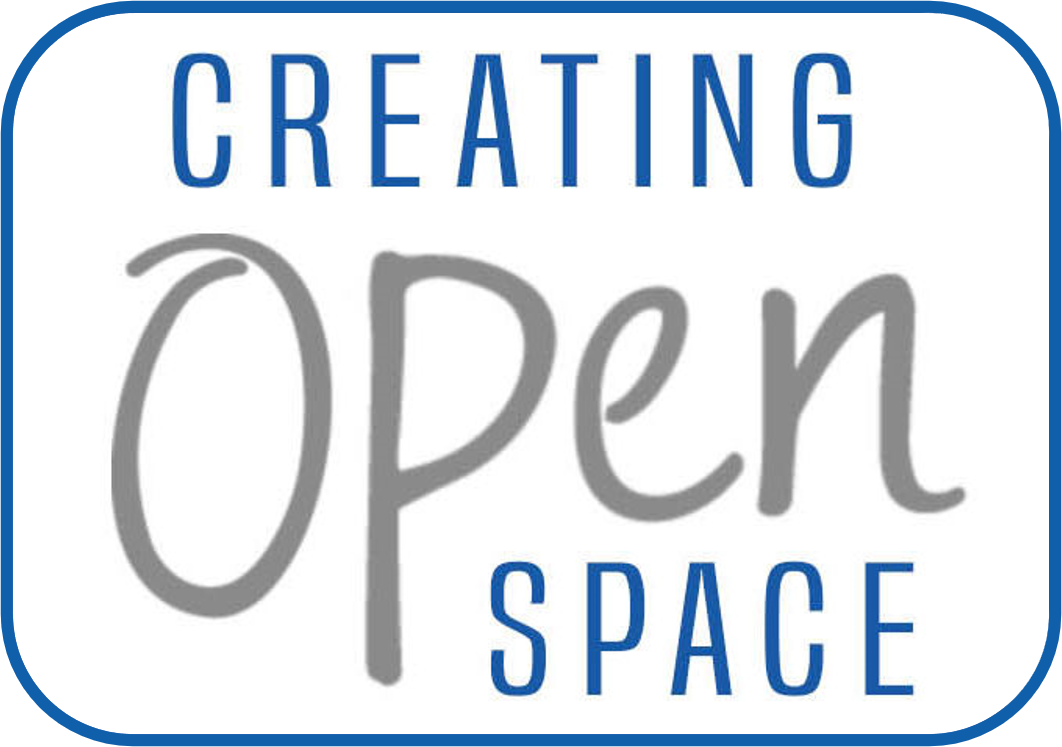Blindsided
When is the last time you felt blindsided? How did it make you feel about the person who blindsided you? To “blindside” someone is, by definition, to attack someone where they are vulnerable or uninformed. In a business setting, people are blindsided every day as a result of poor communication, conflict avoidance, and "recreational character assassination” - talking about peoples’ weak spots rather than talking to them. As a coach, nothing infuriates me more than witnessing people get blindsided by their colleagues, bosses, and even direct reports.
A Senior Management Team talks about what to do about an ineffective VP. The VP faithfully continues doing what he’s been doing for years, oblivious to these closed-door conversations.
A new Manager works diligently to address concerns that she’s not stepping up to the challenge of leadership. Her management acknowledges her improvements while continuing to speak to HR about the need to remove her from her role.
A technical project lead rubs everyone the wrong way and isn’t open to feedback. Everyone but him knows that his reactivity is derailing his career.
For each of these individuals, and for millions more embedded in every company on the planet, the attack is mounted each time someone notices something that they can’t bring themselves to say out loud. Certainly their own behavior — their own lack of self-awareness, their own defensiveness, their own avoidance of conflict and critical conversations — is partly to blame. And certainly we can make ourselves feel better by claiming that it’s their own fault that they don’t get the feedback they need to hear. But leadership — from any position — requires more of us. When we call ourselves leaders, we are responsible for doing our part to protect, empower, and promote those we lead. As leaders we are responsible for communicating difficult messages with care and respect. We are responsible for shining light into blind spots and reaching down to pull people out of the holes that they’ve dug for themselves. Today’s challenge is one of personal and professional integrity. It’s not meant to shame or embarrass, but to inspire. Here is the challenge, should you choose to accept it:
Make a list of all the people who you’ve talking about, but not to, particularly when it comes to things they need to know, positive or negative.
This week, choose one person on that list, and have a courageous conversation with him or her. Share your concern for their well-being, perhaps even your concern about their reaction to you. Share what you’ve noticed, and the impact you see it having on them and on others. Commit to supporting them if they choose to change.
I can’t guarantee the conversation will go well. I can guarantee that you will gain respect — perhaps your own, and most likely, theirs.
